RNA-binding protein inhibitors slow tumor growth in metastatic cancers
Despite recent therapeutic advances in cancer treatment, metastatic cancer remains the primary cause of cancer deaths. Metastatic cancer spreads from the primary site of the cancer’s origin, often a solid tumor, to other parts of the body. Although primary solid tumors can be effectively treated using local surgery or radiation, metastasis requires more systemic treatment and preventative regimens. As such, identification of new therapeutic targets and development of potent compounds are urgently needed to combat lethal metastatic cancers.
The present technology has identified novel compounds that inhibit the RNA-binding protein, Hu-antigen R (HuR). HuR is a major contributor to tumorigenesis, tumor growth, and metastasis. Furthermore, HuR overexpression can result in tumors developing a resistance to chemo- and radio-therapy. Accordingly, the HuR inhibitors of the present technology can be therapeutic agents for systemically preventing and treating metastasis as well as treating a variety of cancers, including breast cancer, colon cancer, prostate cancer, brain cancer, ovarian cancer, pancreatic cancer, and lung cancer.
Cytoplasmic binding of HuR to mRNA leads to mRNA stabilization and increased translation of proteins that have been implemented in cell proliferation, cell survival, angiogenesis, invasion, metastasis, and cancer treatment resistance. Novel compounds of the present technology bind to the RNA recognition motifs (RRM1/2) of the HuR protein, inhibiting HuR’s ability to bind to mRNA. By inhibiting formation of the HuR–mRNA binding complex, compounds of the present technology prevent transcriptional upregulation of oncogenic proteins Musashil (Msi1), Musashi2 (Msi2) and anti-apoptotic proteins, Bcl-2 and XIAP, which in turn inhibits Wnt/Notch activation. Accordingly, the HuR inhibitors of the present technology prevent downstream signaling events associated with tumor growth and metastasis by preventing HuR binding to mRNA.
Other developing treatments for metastatic cancer are toward mutation-specific therapies which can elicit tumor responses initially, but are short-lived as these therapies often select for the expansion of tumor subclones that harbor drug-resistance mutations. HuR inhibitors of the present technology specifically targets mRNA which encodes proteins involved in cancer treatment resistance. Hence, HuR inhibitors should not loose effectiveness overtime and combinations of HuR inhibitors with, for example, chemotherapy have a high chance to display synergistic effects and overcome chemoresistance.
